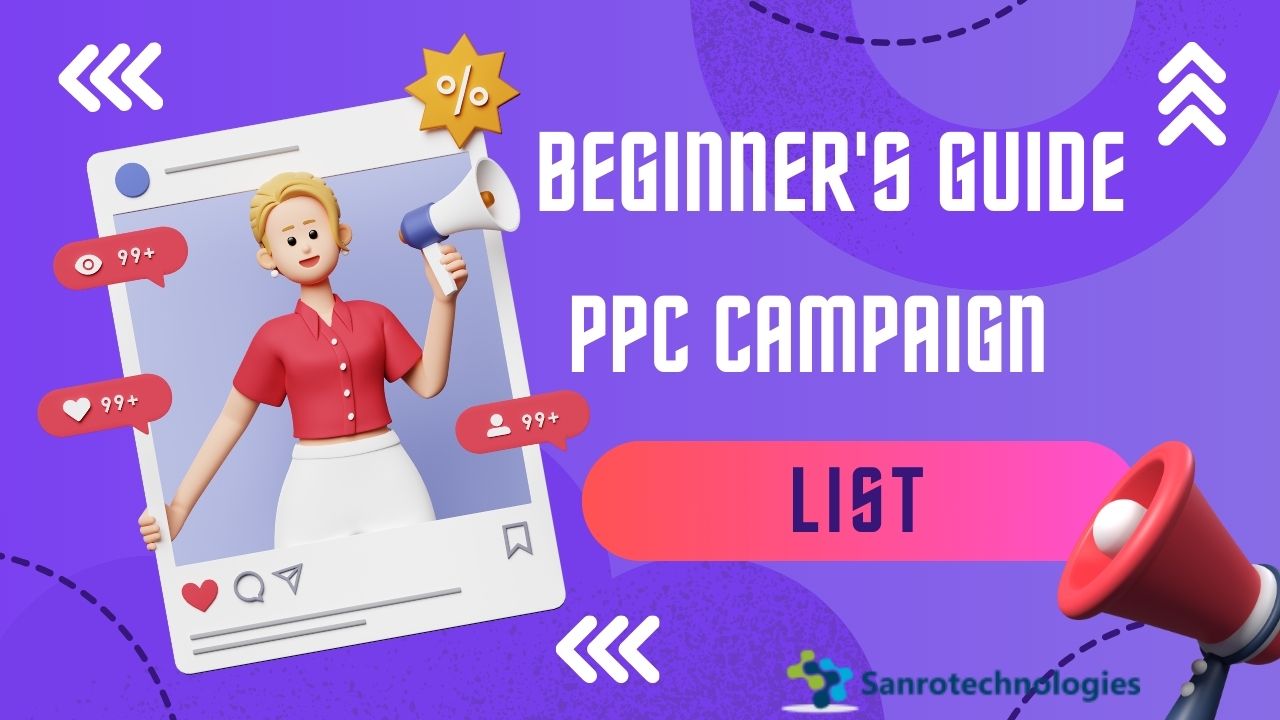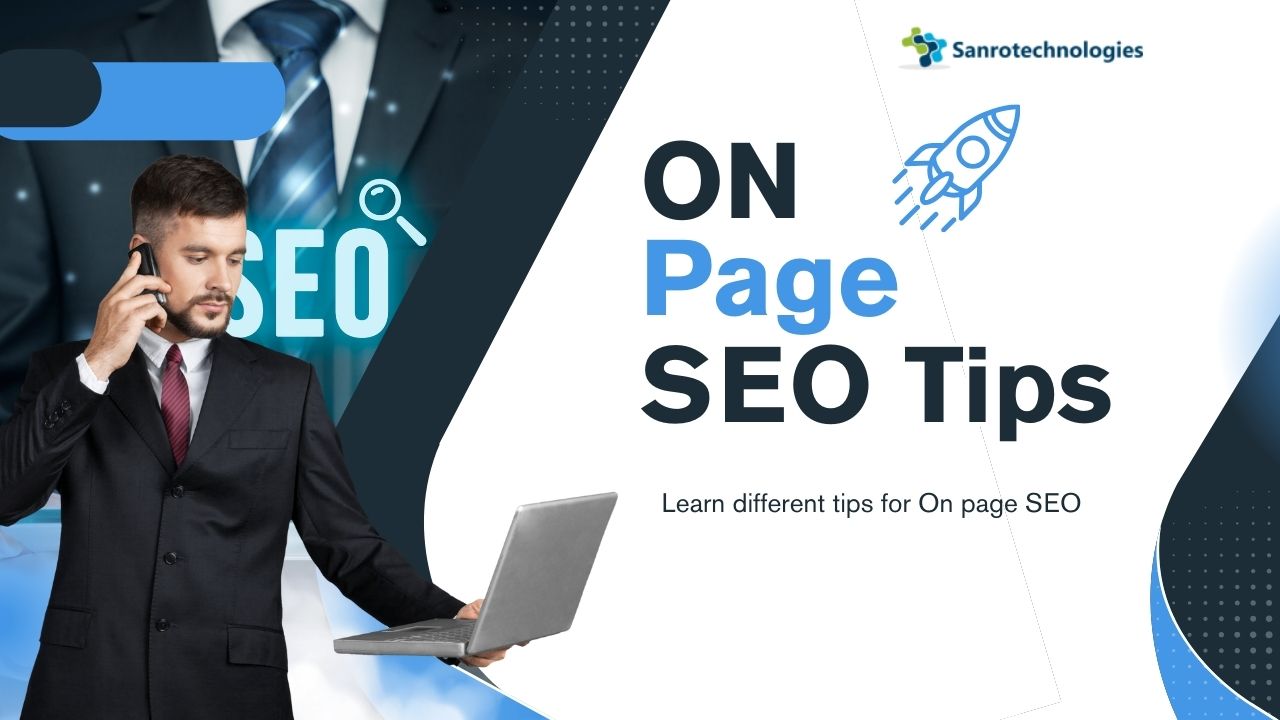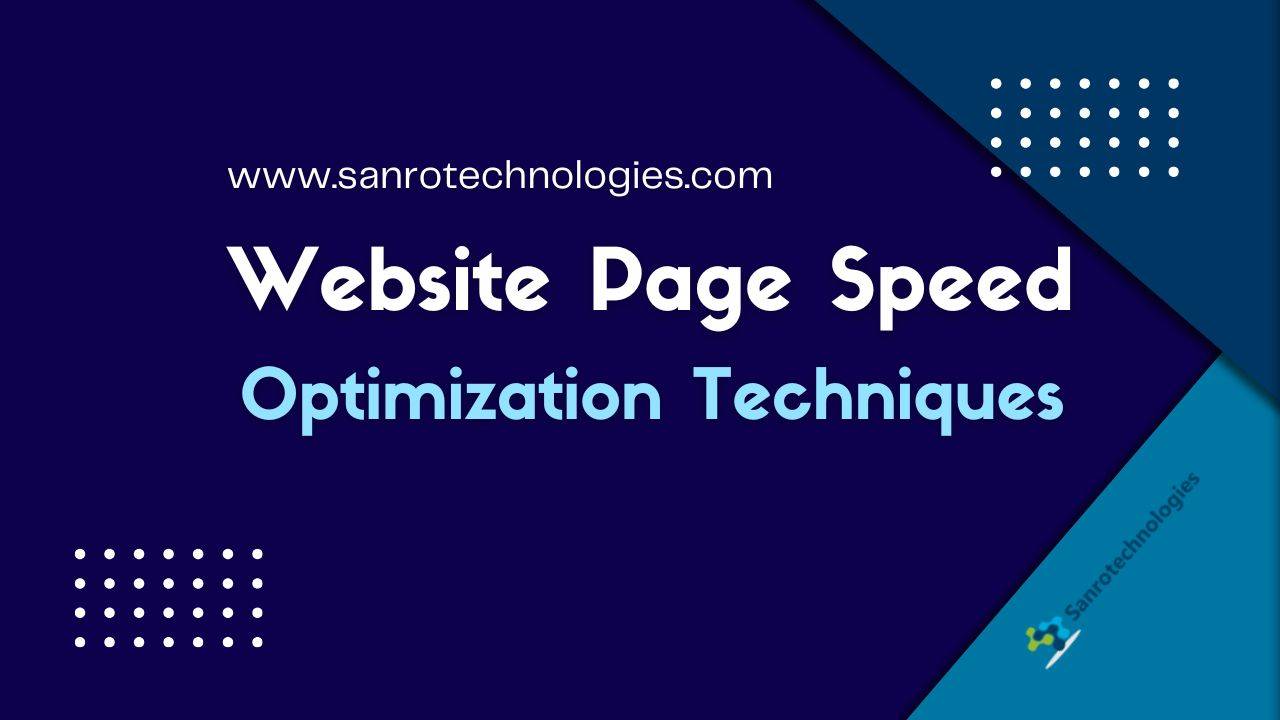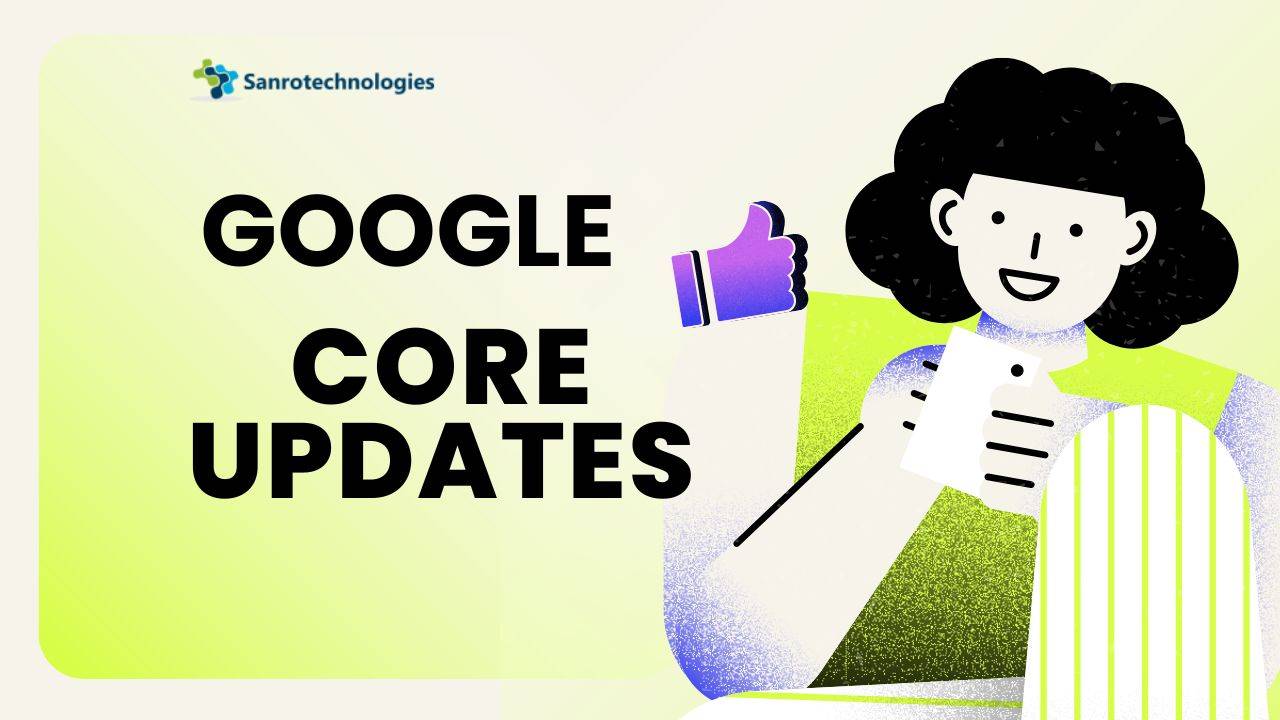Website Speed and Performance
Welcome to our cozy spot on the Internet, the place where we chat about all things Web. Today, we are diving into something vital for anyone with a website: speed & performance. Ever clicked on a site that took forever to load, just showing that annoying spinning icon? It is the worst, right? In this fast online world, how quickly a website opens can be the difference between visitors staying or leaving in a flash. Let us unravel why speed’s not just about keeping up; it’s about creating experiences & reeling in visitors.
Why Website Speed Matters

Imagine sitting at a café, hoping to read something online while using the free Wi-Fi. The page takes ages to open. Ever thought of giving up & just staring outside? That shows how crucial speed is. It is not mere convenience; it hooks people in. Quick sites those that load in under 2 seconds have way fewer folks leaving right away than slow ones do. Fast loading keeps users thrilled & engaged.
More than just user feelings, Google Favors swift sites too. Fast pages rank higher in search results because Google also wants satisfied users. Targeting a top spot? Start by speeding things up.
The Importance of Website Speed and Performance
Understanding Why Speed Is Key for UX and Getting People to Visit
Digital marketing is getting tough & demanding. Now, folks lose interest quickly if pages lag even for a second. From quick pics to zippy page shifts, every millisecond affects how users experience your site. Snappy websites make visitors happy, keep them coming back boost sales, and increase conversion rate.
How Speed Shapes Your Site’s Ranking with Google. Guess what! Your site’s speed massively impacts its rank on Google. Yep! Fast loading fosters better search results because Google desires rapid user info access too.
Numbers & Stats: Speed’s Influence Revealed
Here’s the tea: a 2-second delay spikes bounce rates by 103%! Plus, 79% of buyers online will not come back to a dragging site.
Factors Impacting Website Speed and Performance
Website Design’s Role: Simple is Quick
The design dictates speed greatly. Intricate designs bogged down with high-res visuals & heavy animations slow things down big time. Opting for clean designs can yield faster times & enhance user feel.
Choosing Web Hosting Rightly
Your chosen host affects swiftness big time. Shared hosting might be cheaper but may throttle speeds when resources are stretched thin during busy times.
Image and Content Optimization: Balancing Quality and Swiftness
Having high quality matters but streamlining them for rapid load is vital too! Using low-res images or compressing them well strikes the right chord between clarity & agility.
Strategies for Elevating Website Speed and Performance
Going Mobile-First: Why It Matters
Most folks surf via phones now, so adopting a mobile-first design ensures optimal performance on devices – bringing smoother surfing and maybe more traffic.
Harness Browser Caching: Its Meaning and Perks
Browser Caching saves copies of pages locally so revisiting users does not need a full reload making everything quicker!
Trimming Redirects and HTTP Calls: Efficiency Tips
Excess redirects slow sites down; trim those! Use CSS instead where needed or merge scripts into one to reduce HTTP calls.
Key Tools for Measuring Website Speed and Performance
Google PageSpeed Insights: Deep Dive View
Google’s tool serves detailed reports featuring mobile & desktop performance plus optimization advice!
Using GTmetrix Well
GTmetrix helps audit speed via tools like waterfall graphs showcasing load sequences per component.
Pingdom’s Fiery Tools That Help Sharpen Site Speeds
With monitoring & diagnostics aboard this service lets you determine lag sources while offering steps towards achieving the website’s speed.
Case Studies Showing Worth Of Better Website Speed and Performance
Case Study 1: Boosting UX + Traffic through Quickening Sites
Working with a local firm led us through implementing designs coupled with web host switching yielding better performances and upping visits + conversions!
Case Study 2: Gaining Competitive Edge via Swift Optimization
A competitor analysis shows the retailer got leg-ups against slower competitors post-speed boosting bringing more organics onto tables.
Case Study 3: How Speed & Performance Helped Boost Conversion Rates
A website got a redesign. The team moved it to its special server, just for an online marketplace. This helped a lot! The site became faster & easier to use. As a result, more people bought stuff, and they came back again, too.
Recap, Summary, and Further Steps
Remembering Why Speed & Performance Matter
The speed of a website affects how users feel when they use it. It also impacts how many people visit your site. By keeping things simple in design, picking the right hosting plan, & making content better, you can speed things up!
Practical Steps for Better Speed & Performance
Try these: focus on mobile first, use cache in browsers, and cut down on redirects & extra requests. Tools like Google PageSpeed Insights or GTmetrix help you see where you can get even faster.
Thinking Ahead: Future Ideas & Improvements
Website speed is only going to get more important as time goes on. With new tech and changes in what users like, those in charge of sites need to keep making the web quick and easy for all.
Conclusion
Let us wrap this up! Making your website fast is not just something good to do it is super important. You want to give visitors what they need quickly. Fast loading means happier people looking at your site. Whether it is a blog or a shopping site, every second matters. This is your friendly reminder: check how swift your site is! A few changes could make a big difference in numbers going up. Let us work together to make the internet super-fast and fun one website at a time!
VII. Frequently Asked Questions (FAQs)
How does speed affect user actions?
A fast site makes users’ experience better overall it keeps them around longer, lessens leaving right away & can boost buys.
How can images load faster on my site?
Make your pictures smaller by compressing them, choose the right kind of file format, and use pictures that fit properly!
What hosting options might boost speed?
A Dedicated server or a VPS (Virtual Private Server) often works quicker than shared ones & can make your site’s performance better but pick what fits your site’s needs & wallet best!






